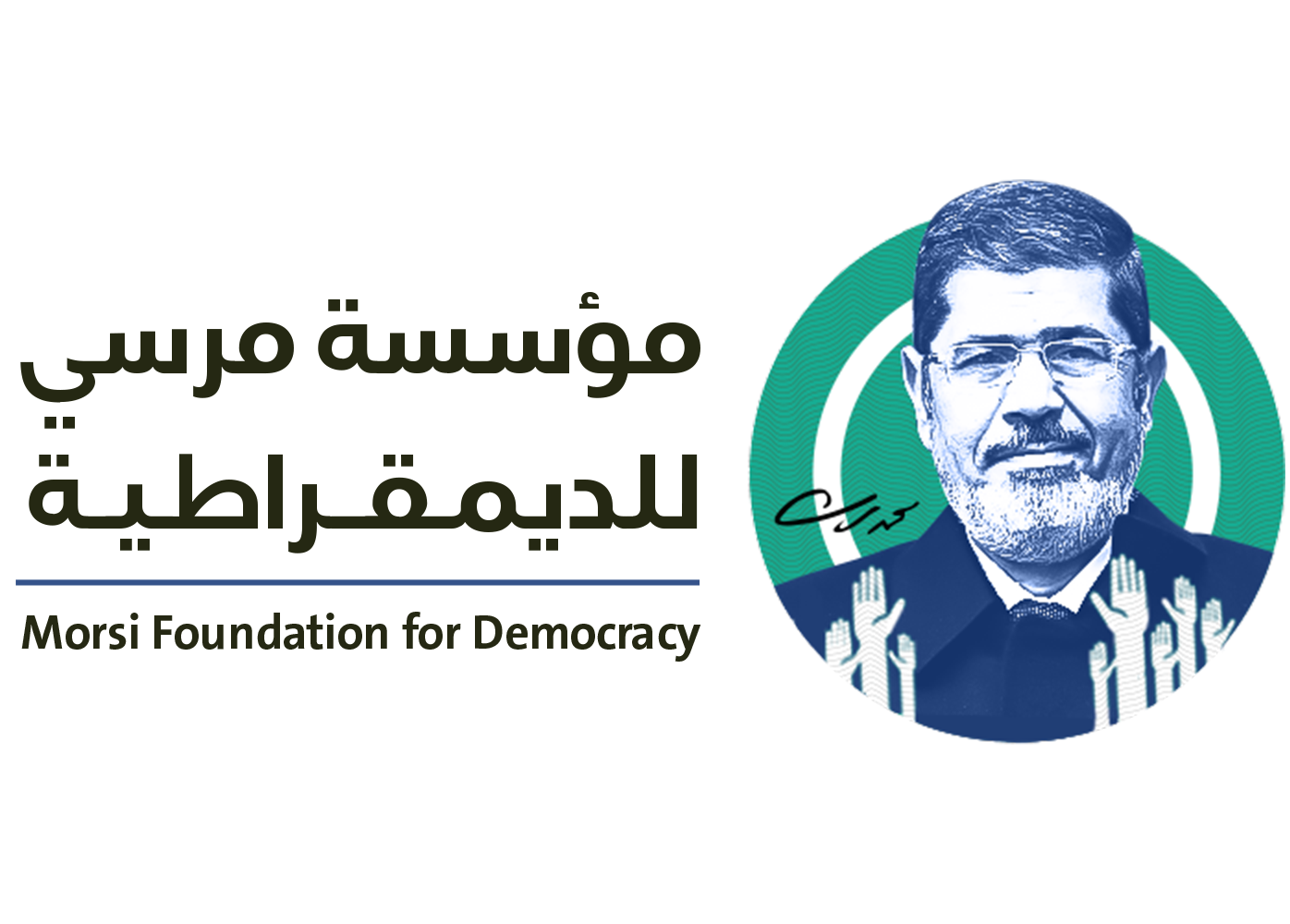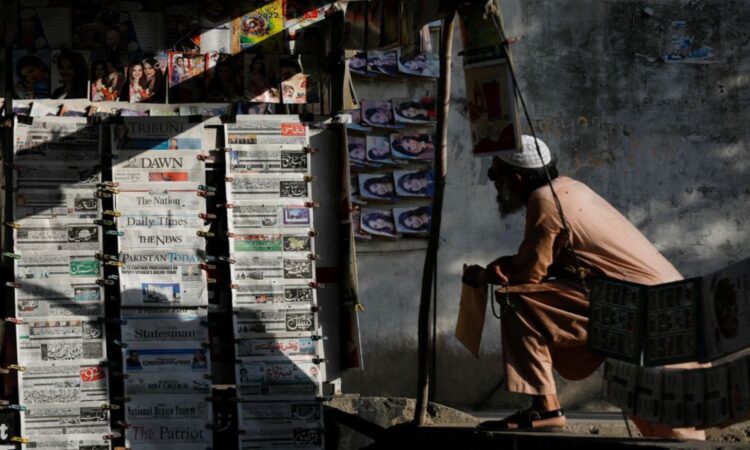Egypt, like Pakistan, is a recipient of IMF loan and holds external debts and liabilities of $155 billion. Pakistan’s external debt is also huge, amounting closer to $126 billion. Today, over 30 per cent of Egypt’s population lives under the poverty line. In Pakistan, poverty is graded somewhere between 35 to 40 per cent. These figures are important to share, as twelve years ago a story began in Egypt — a story which is quite similar to what is happening in Pakistan today. Why must this story be told? It must be told because it’s a story in which the will of the people was opressed and what transpired was the creation of a political system that was a continuation of the old one in which anti status quo forces were defeated and status quo prevailed. From the story of Egypt in the recent past, we must draw some lessons, the biggest of them all is that despite the removal of the only civilian President in 2013 (Mohammed Morsi ruled Egypt for one year from 2012 to 2013) and his replacement by another military President El Sisi, Egypt has continued to go down the path of external borrowing, poverty and external debt. Should we choose to take the same path?
In 2012 in Egypt, Morsi became a candidate for Presidency on people’s support having defeated a military candidate for presidency on a narrow but decisive margin. Hardly one year into his presidency, the military responded by opposing him and broadcasting a message on state television giving Morsi 48 hours to respond to military and people’s demand and step down as President. The military propagated that if Morsi was left in office, Egypt will become another Somalia and experience a civil war. To add pressure, the Headquarters of the Muslim Brotherhood was burnt and looted within hours of this military announcement.
President Morsi rejected the offer and posted a message on YouTube that he was ready to sit and engage and talk with anyone. That message was also taken off the YouTube. His supporters turned out in numbers to conduct marches and arrange large sit-ins to support him; they pitched tents, blocked roads and vouched to stay put until military went back to barracks and President Morsi’s government was restored. Then came one of the blackest days of modern Egyptian history. Egyptian security forces massacred over 800 civilians mostly in Cairo’s Rabaa Square as people gathered there to protest against the military coup of July 2013. This in recent history is considered as the largest killing of demonstrators in a single day. President Morsi was removed and imprisoned. Faced with multiple criminal charges and death sentence the former president kept appearing in the Egyptian courts until June 2019 when during one of the appearances in the court he collapsed and died. President Morsi was an educated man; in fact he was an engineer who got his education from the United States. It was President Morsi who appointed General Sisi as the Commander of Egyptian Armed Forces — not knowing that he was appointing not only a new sheriff of the town but also the new law who less than a year later will replace him as President.
Egyptians had long hoped for true democracy and after the removal of President Hosni Mubarak during the Arab Spring it finally seemed that Egypt will take that road but it didn’t. The six-week long sit-in by people that supported President Morsi was brought to an end by brutal and merciless killing. In 2014, General Sisi removed his uniform and became the President.
The despotic rule of President Sisi has given only one thing back to the Egyptians — once again ruled by a military President. Egypt is under debt; it is poor and it struggles to live up to its great civilisational potential. It is hoped that Pakistan doesn’t take Egypt’s route for we have our constitution and democratic values. As long as we live up to them and they show in our actions we may evolve into something better than what we are today. We want to be a shackled state not despotic and by no means an absent state.



